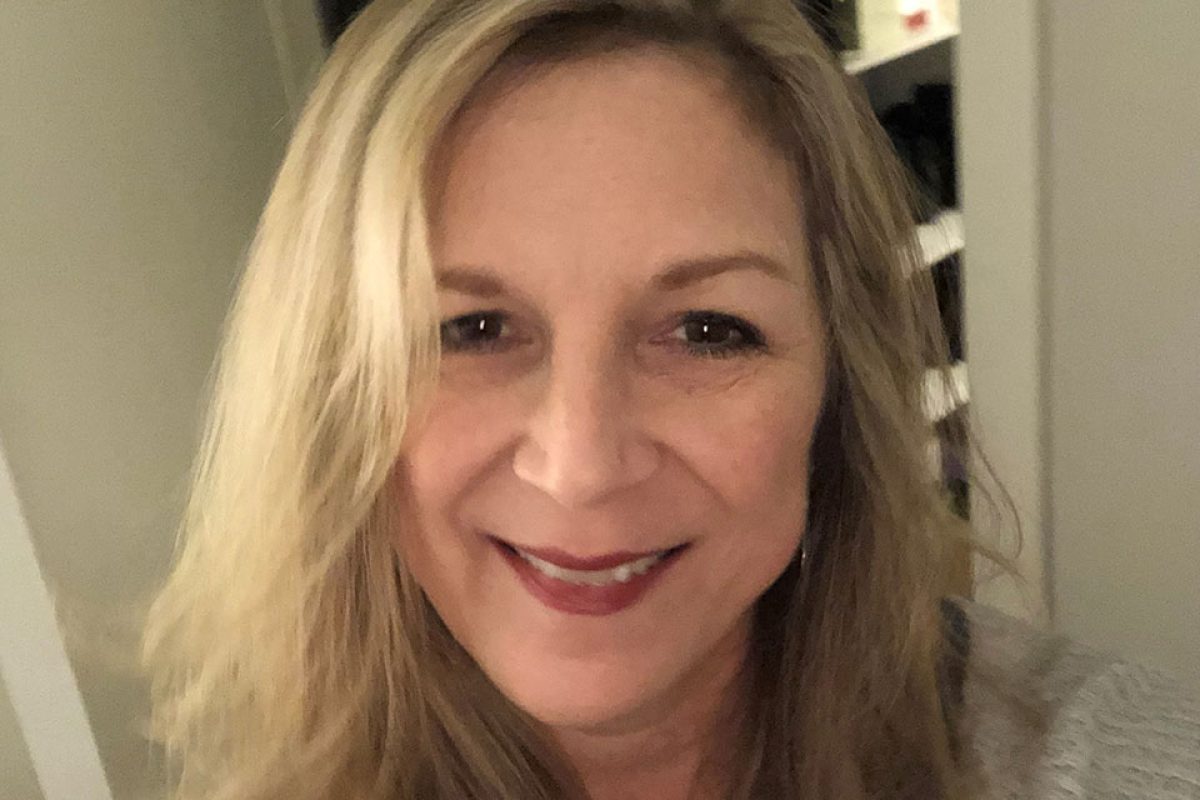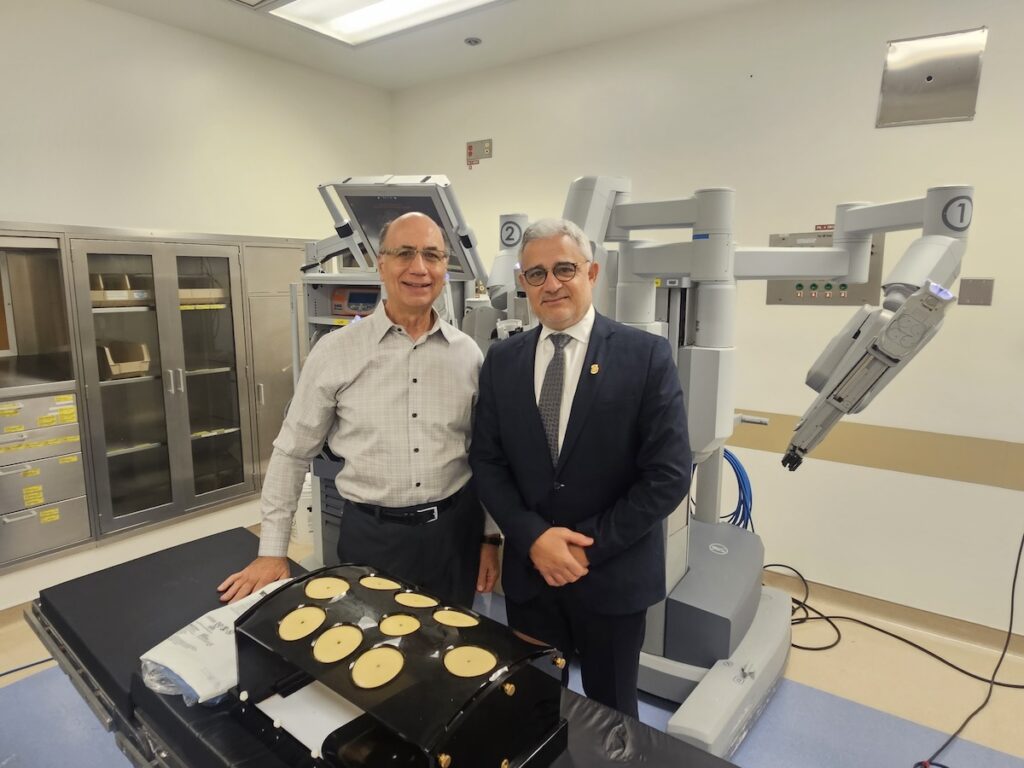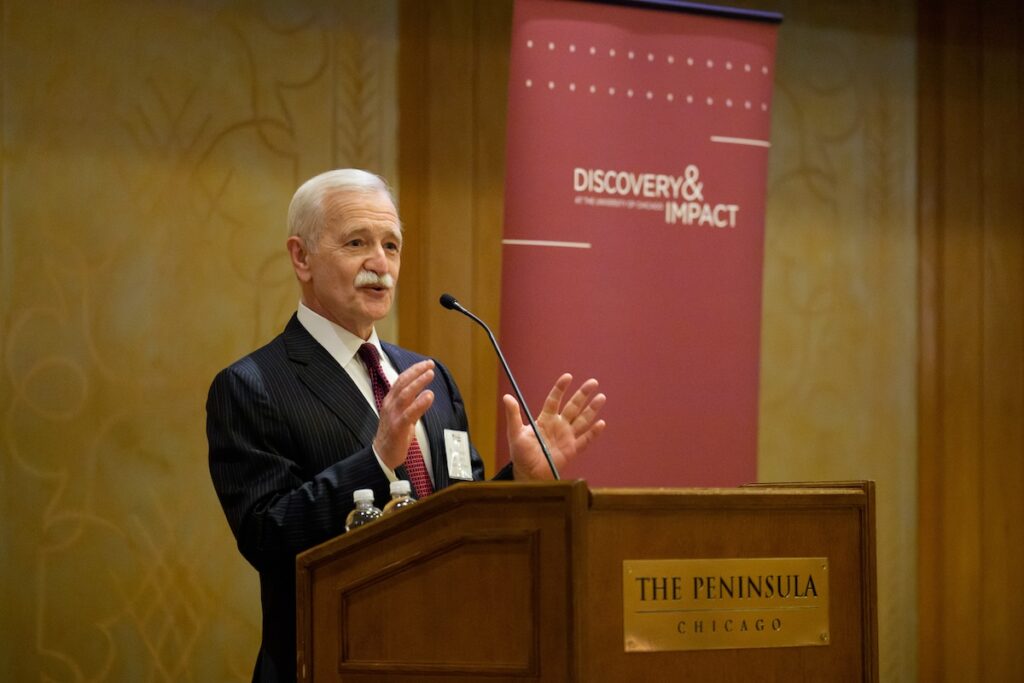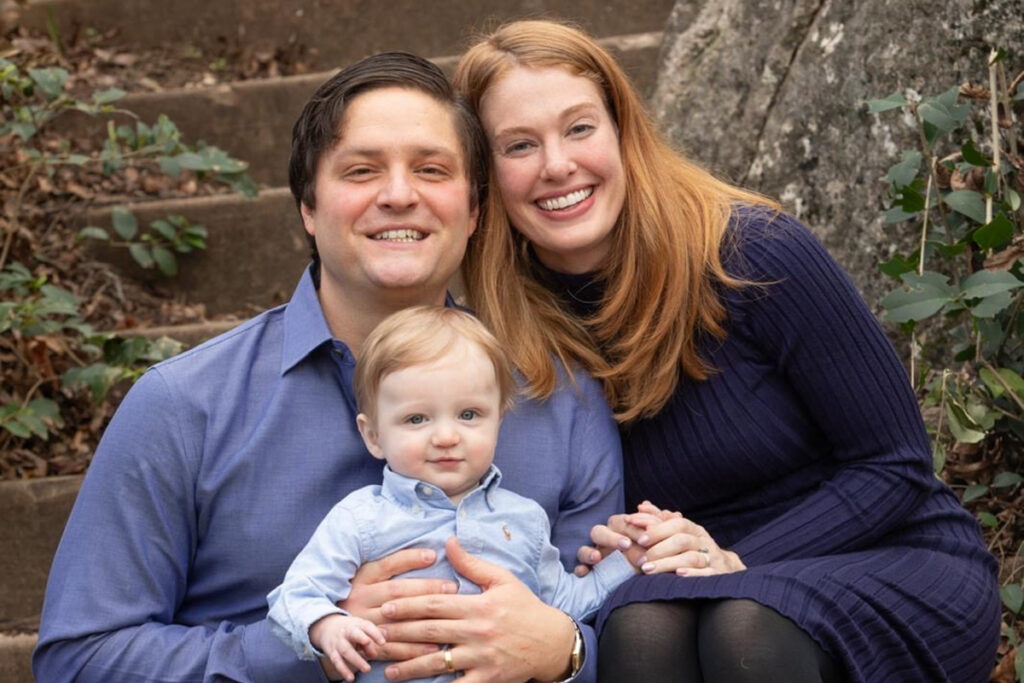Blaine Lesnik, PsyD, former president of the Illinois Psychological Association, celebrated the seventh anniversary of her double lung transplant by making a gift supporting a research project designed to improve communications between patients and their physicians.
The motivation behind the gift dates to 1999, when Lesnik was diagnosed with pulmonary sarcoidosis, an autoimmune disease in which scar tissue spontaneously grows in the lungs. Although most cases run their course over a few years, in rare cases like Lesnik’s, the disease gets worse over time, causing severe damage to the lungs.
By the time Lesnik was diagnosed, her lungs were already two-thirds scarred.
Over time Lesnik’s condition deteriorated. As a single mom working full-time as a clinical psychologist, she tried to lead a normal life until her symptoms became impossible to ignore.
By 2006, she was sleeping with oxygen because her levels would get dangerously low at night. Around 2010, she stopped drinking water at work.
“The restroom was on the opposite end of the building, and I couldn’t get there and back between appointments without overexerting myself,” she said.
In 2012, a doctor suggested Lesnik see Ed Garrity, MD, a lung transplant expert, now retired, at UChicago Medicine. After reviewing Lesnik’s scans, Garrity informed her that, unless she received a double lung transplant, she would have one to two years left to live.
“Everything changed from that moment forward,” Lesnik said. “Within a month, I had to close my practice.”
By this time, Lesnik required supplemental oxygen around the clock, and pulmonary rehabilitation to help her breathe better and maintain strength so she could endure surgery.
After consulting with top-ranked medical centers nationwide, Lesnik and her family decided she should have the transplant done at UChicago Medicine.
“UChicago had the lowest morbidity rate, and I felt especially connected to Ed Garrity,” Lesnik said.
In January 2015, Lesnik received her new lungs and was pleased to be on the path to recovery. But nearly one year later, she faced a new challenge: a malignant lung tumor, requiring chemotherapy and intermittent inpatient stays. During these hospital stays, Lesnik experienced grueling pain and despite her efforts to communicate its extent, there were times when the level of her pain was misunderstood and therefore, inadequately addressed.
Lesnik’s experiences as a patient motivated her to seek solutions for improving how physicians and patients interact, driving mutual understanding and better care. Her search led her to Nicola “Nikki” Orlov, MD, associate professor of pediatrics at UChicago Medicine. Orlov works with Vineet “Vinny” Arora, MD, Herbert T. Abelson Professor of Medicine and Dean for Medical Education, to enhance the learning environment for medical trainees and thereby improve the patient experience.
“We are committed to training our physicians to be more effective team members and communicators,” Arora said. “Enhancing our approach to physician training is an essential first step in overcoming healthcare inequities and transforming patient care—not only at UChicago Medicine but nationwide.”
A novel approach to promote patient-centered care
From the pandemic experience, Orlov had an idea: Why not adapt the technology used to help maintain social distancing during patient encounters for training medical students?
Her pilot project, which is the first of its kind in the country, aims to enhance physicians’ communication skills by enabling one-on-one coaching with faculty mentors. Using iPads, the mentors will remotely observe medical students’ interactions with patients and provide feedback in real-time.
“This project will not only reduce logistical barriers associated with scheduling direct observations of patient encounters, but more importantly, it will help medical trainees build more empathetic and humanistic relationships with patients,” Orlov said.
The project will use a validated coaching approach, called the hArt of Medicine, focused on patient-centeredness and communication. Orlov and three other faculty members will receive training on the approach and coach more than 400 students at the University of Chicago Pritzker School of Medicine over five years.
Orlov noted that Lesnik’s personal experience helped to conceptualize the project.
“Without her support, none of this would be possible,” she said. “It’s not only her financial support, but had I not heard her story and been moved by her experience, we wouldn’t have been able to translate the technology and get this off the ground.”
Lesnik is enthusiastic about the potential of the project.
“Nikki shares my vision to find new ways to bring humanism into medical care,” she said. “If something good can come out of my experience, though painful, then I feel like it’s worth supporting—both for me personally and for all the other patients who will benefit.”
Orlov hopes that, after assessing the coaching model’s feasibility, it can be formally integrated into the curriculum at the Pritzker School of Medicine and implemented at other medical schools nationwide.
“Our goal is for this project to be the first of many pilot projects designed to ensure that the practice of medicine is always evolving to better meet the needs of patients,” Arora said.
After she was diagnosed with sarcoidosis in 1999, Lesnik asked her pulmonologist if she would be able to see her daughter graduate from high school. Not only was she able to, she also helped move her to and from college and into her first apartment.
“After helping her move in, I got into my car, and that’s when it hit me,” Lesnik said. “I burst into tears—happy tears, because I realized that everything I’d been through was worth it.”
Lesnik’s advice to others facing challenges in life? “Don’t sweat the small stuff but notice it.”




